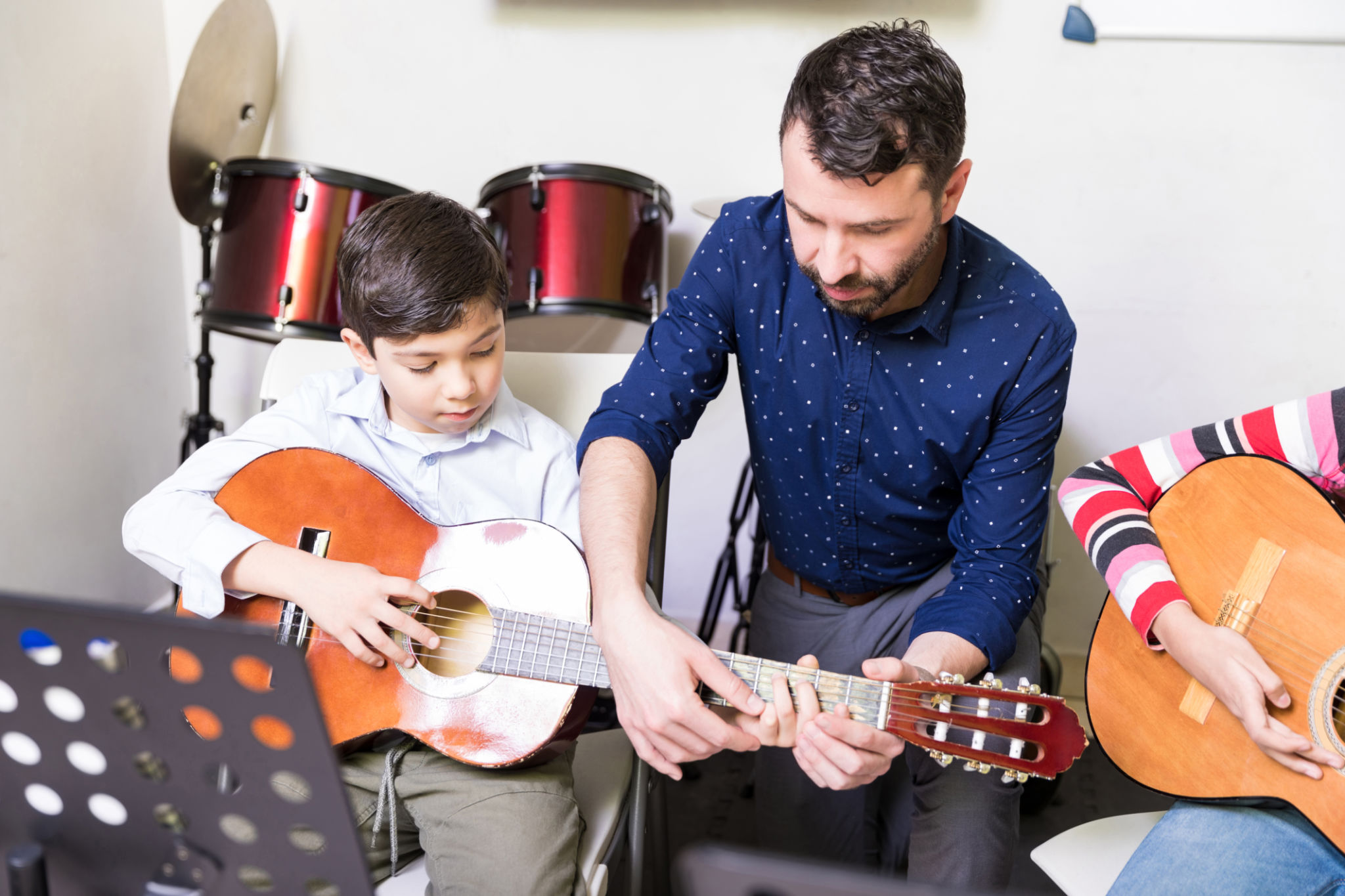Preparing for Your First Music Lesson: What to Expect and How to Succeed
Understanding the Basics
Embarking on your musical journey can be both exciting and daunting, especially if it's your first music lesson. Whether you're learning the piano, guitar, violin, or any other instrument, understanding what to expect can help alleviate some of the anxiety. The key to success lies in preparation, patience, and enthusiasm.
Before your first lesson, it's important to familiarize yourself with your instrument. Spend some time with it, even if it's just holding it or understanding its parts. This preliminary interaction can make you feel more comfortable during the lesson.

What to Expect in Your First Lesson
Your first music lesson will likely focus on the basics. This includes understanding how to hold and use your instrument properly. Your instructor will guide you through the correct posture and positioning, which are crucial for developing good playing habits.
Don't expect to play a song right away. The initial lessons are designed to build a strong foundation. You'll learn about musical notes, rhythms, and possibly some basic scales. This groundwork is essential for your progress.

Setting Realistic Goals
Setting realistic goals is vital for keeping your motivation high. Discuss your musical aspirations with your instructor so they can tailor the lessons to suit your interests and skill level. Remember, progress takes time, and setting short-term goals can help you stay focused.
- Learn the basics of music theory.
- Practice regularly.
- Listen to a variety of music genres.
How to Succeed in Your Music Lessons
Success in music lessons is largely dependent on practice. Regular practice not only reinforces what you learn during lessons but also helps develop muscle memory and improves your skills over time. Create a practice schedule that fits into your daily routine and stick to it.

Embrace Mistakes as Learning Opportunities
Mistakes are an inevitable part of learning any new skill, and music is no exception. Embrace them as learning opportunities rather than setbacks. Analyze what went wrong and ask your instructor for guidance on how to improve.
- Record your practice sessions to track progress.
- Be patient with yourself.
- Celebrate small achievements along the way.
The Role of Feedback and Communication
Feedback from your instructor is invaluable. Be open to constructive criticism, and don't hesitate to ask questions if you're unsure about something. Effective communication can greatly enhance your learning experience.
As you continue your musical journey, remember that persistence, patience, and passion are your best allies. With time, dedication, and the guidance of your instructor, you'll find yourself making beautiful music before you know it.